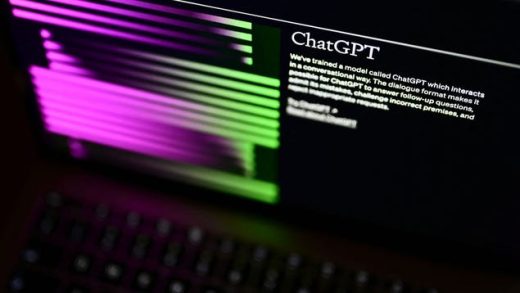Last year, Cox ended its piracy liability lawsuit with music company BMG, agreeing to a “substantial settlement.”
The ISP is now in the clear, however, Cox is still caught up in another lawsuit filed by a group of major music companies, all members of the RIAA.
The music outfits, including Capitol Records, Warner Bros, and Sony Music, argue that Cox categorically failed to terminate repeat copyright infringers and that the ISP substantially profited from this ongoing ‘piracy’ activity. All at the expense of the record labels and other rightsholders.
Over the past several months, both parties have conducted discovery and the case is currently scheduled to go to trial in December. While there were talks of a potential settlement a few weeks ago, things look rather different now.
Last week we reported that the ISP canceled a scheduled settlement discussion. As a result, the music outfits called for sanctions, accusing the ISP of gamesmanship. Now, it’s Cox’s turn to ask for sanctions, this time with a formal request.
Cox submitted a motion for discovery sanctions at the Virginia federal court, where it accuses the plaintiffs of relying on unsubstantiated evidence.
The concerns relate to the piracy evidence which the music companies are relying on. This is the data that was used to send copyright infringement notices to Cox, pointing out how its subscribers allegedly shared infringing material. As such, it is the basis of the “repeat infringer” claims that are central to the lawsuit.
The data in question was collected by the anti-piracy firm MarkMonitor, which keeps a close eye on global BitTorrent activity. For the lawsuit, these infringement allegations were summarized in two spreadsheets. However, Cox notes that underlying evidence has since been deleted.
“MarkMonitor failed to retain critical portions of this evidence, and the document that Plaintiffs intend to rely on is, at best, a partial and inaccurate summary of these analyses,” Cox informs the Court.
As such, Cox requests sanctions. Specifically, it asks the court for a ruling that the piracy evidence in question can’t be used to back up any claims.
“Because Plaintiffs’ agent destroyed the underlying data, leaving no way to assess the accuracy of this summary, Cox respectfully requests that the Court enter discovery sanctions against Plaintiffs in the form of a preclusion order prohibiting Plaintiffs from relying on the incomplete and unreliable MarkMonitor evidence.”
According to Cox, MarkMonitor deleted data which showed that claimed copyright infringements were indeed linked to copyrighted files. These data concern the “matching” logs it received from the fingerprinting service Audible Magic.
During discovery, Cox learned that MarkMonitor used data from Audible Magic to reach its infringement conclusions. A subsequent subpoena explained how this worked, and a deposition of Audible Magic later revealed that MarkMonitor deleted the transaction logs.
“Ultimately, Cox learned in a deposition on the last day of discovery that MarkMonitor did not produce the transaction logs at issue or the relevant database because it had destroyed them,” Cox informs the Court.
The deleted data was crucial according to the ISP, as it’s the only way to prove that the alleged infringements detailed in the spreadsheet are correct. In addition, the routinely deleted data “strongly suggests” that MarkMonitor’s spreadsheet is inaccurate.
“The destroyed Audible Magic data was undeniably material and foundational to the MarkMonitor Spreadsheet,” Cox notes.
The ISP backs up its ‘inaccuracy’ claims in redacted parts of its memorandum, mentioning that it was a “coin flip” whether or not a claimed infringement actually took place.

Cox argues that the record labels withheld unfavorable information so sees no other option than to scrap the spreadsheets as evidence. In their current form, they can’t be backed up.
“Because Plaintiffs failed to preserve and produce the best and most complete—indeed, the only—evidence of the alleged direct infringements, the Court should preclude Plaintiffs from relying on the ‘236 and ‘431 Spreadsheets, and any derivative documents, which are merely incomplete and inaccurate summaries of what the data would have shown,” Cox concludes.
It the Court agrees with Cox and excludes the piracy data as evidence, the case could be severely impacted.
Interestingly, this isn’t the first time that Cox has complained about spoilt evidence. The company did the same a few years ago in the BMG case, after it found out that anti-piracy company Rightscorp destroyed older versions of its piracy tracking code.
At the time the Court ruled that sanctions were indeed appropriate. However, the copyright infringement claims were not disregarded and Cox’s request to dismiss the case in its entirety was denied.
—
A copy of Cox’s memorandum in support of the motion for discovery sanctions and to preclude the MarkMonitor evidence is available here (pdf).
Source: TF, for the latest info on copyright, file-sharing, torrent sites and more. We also have VPN reviews, discounts, offers and coupons.
Source : Cox Asks Court to Sanction Labels Over Destroyed Tracking Evidence








